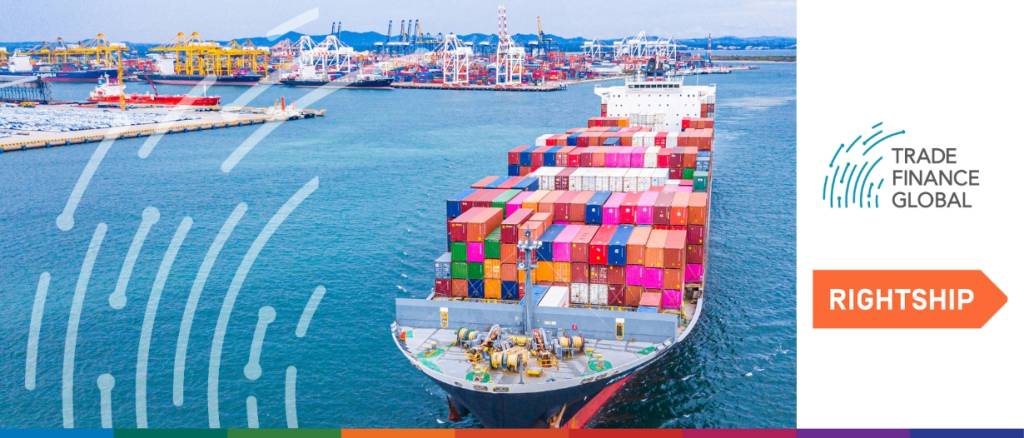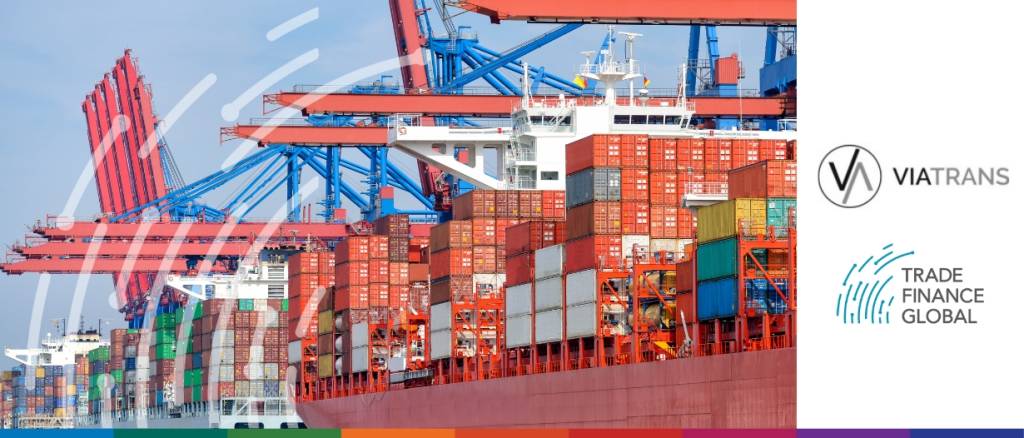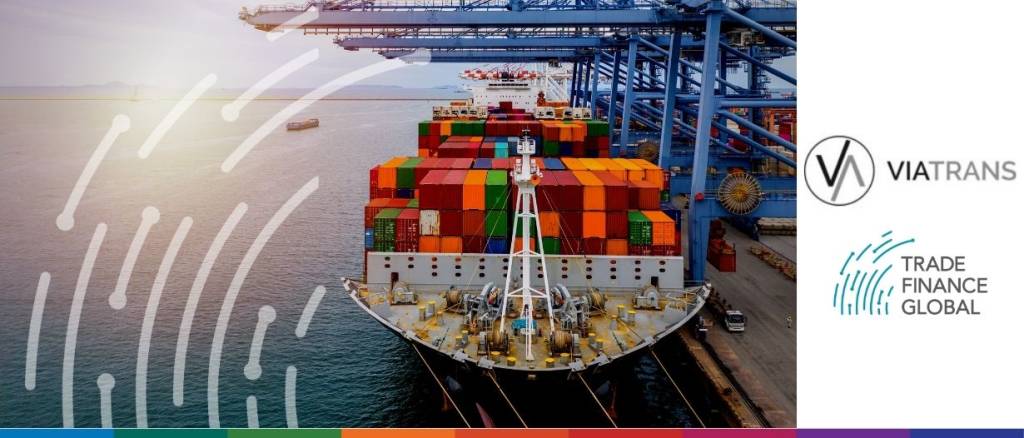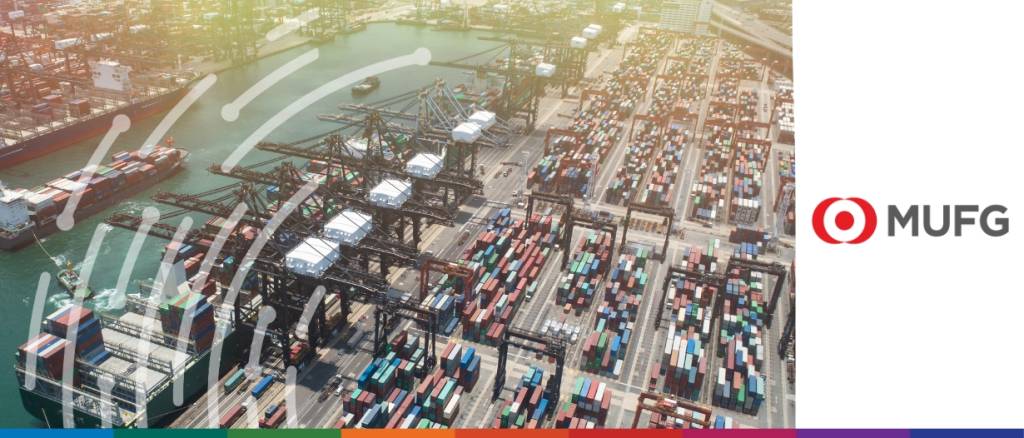Tinubu, a global provider of surety and credit insurance technology, recently announced that its platform, “Tinubu Surety Solution for Brokers and Agents“, is now used by 50% of the annual… read more →
Since B2B can attract the most money, the focus quickly turned to helping the corporate treasurer, the SME, and the B2B space.
90% of world trade – from bulk raw commodities to breakbulk and finished goods – is moved on approximately 60,000 trading ships, crewed by about 1.5 million seafarers. To most traders, the potential risks associated with any one of these vessels is an unknown.
Does a New York court have jurisdiction over an Indian collecting bank that is alleged to have violated the Uniform Rules for Collections (URC 522) for neither collecting and remitting funds to pay for shipments represented by the documents forwarded to it nor returning originals of several of the documents sent to it for collection?
In part 1 of this interview, Morgan Lépinoy, Managing Director of Viatrans broke down how container deposits are creating deep structural issues for the shipping and logistics industry in Africa, and what Viatrans is doing to help mitigate these challenges.
Although there is widespread support for ESG initiatives and a large proportion willing to prioritise positive environmental and social impacts over financial returns, Standard Chartered’s research reveals that many companies still haven’t made concrete sustainability commitments or set targets.
Shipping containers are vital for shipping lines, which are availed to shippers (importers, exporters, customs agents, and freight forwarders) for safe and secure transportation of goods.
While a growing portion of the industry starts to seize the opportunities of measuring and managing emissions, many commodity traders still hesitate. Why undertake the complex process of carbon accounting, if it’s hard, if it’s not a legal requirement, and if it only draws attention to their high-carbon products rather than their competitors?
Over the past several months, corporates have increasingly been asking for details on a bank’s distribution capabilities when deciding which financial firm to work with.
Surety carriers have a unique opportunity to support the green transition, grow emerging industries, and promote sustainable financing practices. However, challenges must be addressed.
























